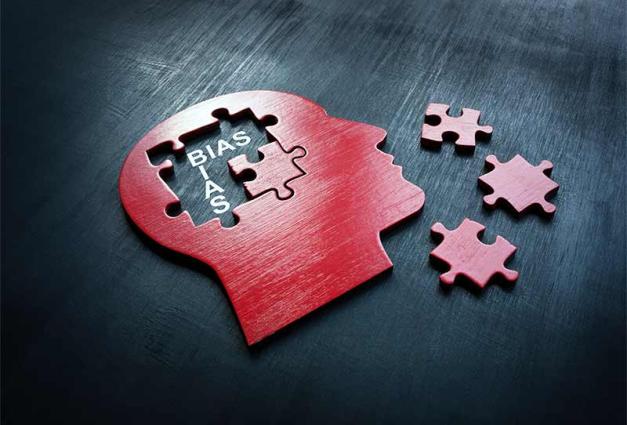Imagine you are having a late-night conversation with a roommate in your college dorm room. Your roommate, a White girl, brings up a student in her class, a Black girl whom you both know, and says, "She thinks she's smart, but she wouldn't have gotten into this university if it weren't for affirmative action."
How should you respond to such prejudiced remarks? Previous research on confronting racial prejudice has primarily focused on how confronting prejudice affects White people—how it changes White perpetrators and bystanders' emotions, attitudes, and behaviors. Although understanding this impact is important for reducing prejudice, relatively less attention has been paid to the perspectives of people of color, who are the targets of racial prejudice.
Centering Black Perspectives
When White people confront other White people on their anti-Black remarks, it may help Black targets of those remarks feel safer and less hurt by conveying a message that they have allies. However, it may also have negative impacts if Black targets are suspicious of White confronters' motives. Thus, it is crucial to identify what types of confrontations are perceived as genuine and valued by Black people.
We wanted to understand how confronting prejudiced people affects targets of prejudice. Are there ways to confront that repair some of the harm done by prejudice? What types of confrontations are most effective at repairing harm?
To answer this question, we conducted a study that centered Black people's perspectives by investigating which types of confrontations by White people they value the most. First, we presented 11 scenarios, including the roommate scenario illustrated at the beginning of this post, to 321 White participants, asking them, "What would you do or say in this situation?" The scenarios described situations that White Americans could encounter in their daily lives, all involving a White person—their friend, family member, boss, colleague, or a stranger—making an anti-Black remark. Our White participants found many of the scenarios problematic, and some even offered to write what they would say in those situations.
Then we showed the responses our White participants generated, their "confrontations," to 242 Black participants and asked them to evaluate them. Specifically, we asked Black participants to rate (1) how good they thought each confrontation was and (2) how much, if any, they appreciated it. We averaged these two ratings to create a "value" score, indicating how much Black participants valued White participants' confrontations.
What Kinds of Confrontations Do Black People Value When White People Confront Anti-black Prejudice?
To understand and describe the content of confrontations, we employed two methods. First, we used content coding to analyze which styles or themes of confronting were associated with valuation by our Black participants. Then, we used text analysis software to explore and find corroborating evidence. Our findings suggest the following three prescriptions:
- Be direct: Black participants valued confrontations that conveyed disapproval directly and unambiguously. Confrontations coded by human coders as direct were more appreciated, while those containing question marks (i.e., questions) were less appreciated.
- Target the action, not the person: Black participants valued confrontations that focused on the action rather than the person. Confrontations that clearly identified and labeled a prejudiced action were more likely to be valued. On the other hand, labeling the White perpetrator as prejudiced or racist did not have an effect. Importantly, Black participants valued "I" statements less, suggesting a shift away from the White confronter. These findings collectively indicate a preference for emphasizing the action rather than the perpetrator or the confronter.
- Acknowledge systemic racism: Black participants valued confrontations that acknowledged racism at the systemic, institutional, and policy levels. Confrontation that connected individual acts of racism to systemic issues also tended to use more complex language, and confrontations with complex language were appreciated more.
Conclusion
Confronting prejudice is important not only because it can reduce prejudice but also because it can repair harm done to the targets of prejudice. In recent years, we have seen a growing number of White Americans expressing a desire to become better allies. The findings from our study helped us understand which confrontation styles, themes, and content were most valued by Black participants.
Our findings offer guidance to people who want to do better by providing them with actionable prescriptions for challenging others in a way that centers Black perspectives: Be direct and avoid questioning. Identify and label acts of prejudice, as well as the systemic racism behind them. Lastly, focus on addressing the problem rather than personal feelings and thoughts.
For Further Reading
Bak, H., Jurcevic, I., & Trawalter, S. (2024). What black people value when white people confront prejudice. The Journal of Social Psychology, 164(2), 187–198. https://doi.org/10.1080/00224545.2023.2178875
Hyeonjin Bak is a Postdoctoral Associate in the Department of Psychology at Yale University.




